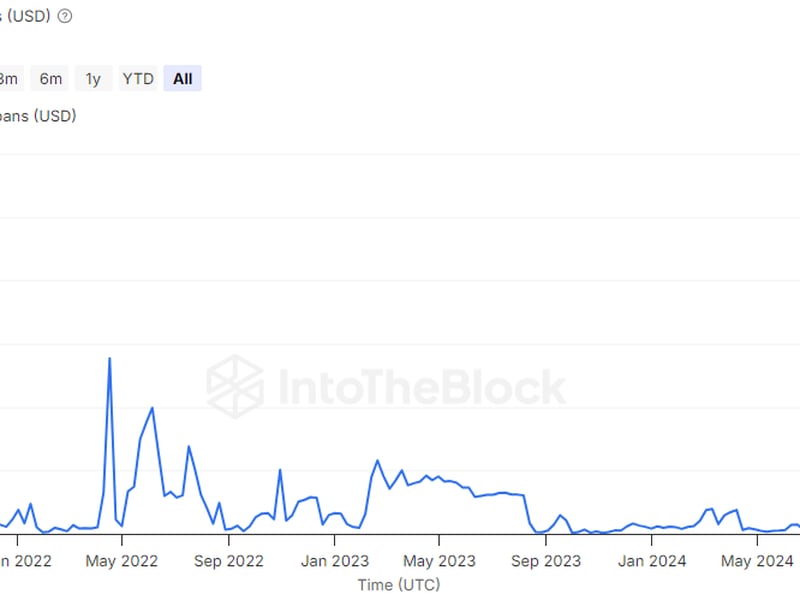DC Magistrate Judge Calls Unhosted Wallet ‘Horror Story’ a ‘Fiction’
“Indeed, cash poses a greater challenge to law enforcement than cryptocurrency in unhosted wallets,” wrote Judge Zia Faruqui in an opinion on a forfeiture case.

DC Magistrate Judge Calls Unhosted Wallet ‘Horror Story’ a ‘Fiction’
Federal Magistrate Judge Zia M. Faruqui has learned to stop worrying and love unhosted wallets.
“The horror story of unhosted wallets is fiction, not fact,” wrote the judge in a Jan. 6 memorandum opinion for D.C. District Court. He quoted a Coin Center thinkpiece (also named in Strangelovian fashion) on the downside of over-regulating unhosted wallets, then added his own summation:
“Indeed, cash poses a greater challenge to law enforcement than cryptocurrency in unhosted wallets.”
Delivered in a footnote to an opinion on a cryptocurrency forfeiture case, Faruqui’s assertion runs parallel to the debate currently roiling unhosted wallets. His memorandum does not directly mention the Financial Crimes Enforcement Network’s (FinCEN) mid-December call to monitor high-value private wallets through a controversial rule that’s set the cryptocurrency industry ablaze.
FinCEN wants exchanges to collect information on participants of $3,000+ cryptocurrency transactions that involve an unhosted wallet. It argues its proposed rule is “similar” to the anti-money-laundering regulations already governing cash transfers.
Faruqui’s opinion highlights the difference between untraceable cash and inherently traceable crypto. The blockchain may purport to grant individuals anonymity, he wrote. But he said law enforcement can use blockchain forensics tools to “unmask” those individuals (as they did in this case) with relative ease:
“Ironically, the public nature of the blockchain makes it exponentially easier to follow the flow of cryptocurrency over fiat funds.”
Ari Redbord, head of legal and government affairs at blockchain forensics company TRM Labs, said the opinion is a “significant” contribution from the federal judiciary, even if it carries little precedential weight. Redbord, who worked as an assistant U.S. Attorney for a decade, said few judges have the technical know-how to parse the complexities of crypto tracing, let alone cite tracing tools in a seizure order. That’s beginning to change with appointees like Faruqui, he said.
“You’re seeing a new generation of federal judges who are coming on the bench and understanding these technologies,” Redbord said, adding that Faruqui was one of the federal government’s “foremost” crypto prosecutors before joining the judiciary in Sept. 2020.
Judges like Faruqui “understand that there are tools that can help law enforcement and financial institutions, understand them in a way that makes them a lot less dangerous than maybe a lot of people think,” Redbord said.
Faruqui’s opinion underscores the value unhosted wallets offer to law enforcement hoping to yank suspected criminals’ crypto away.
U.S. civil forfeiture law allows for the seizure of proceeds traceable to crime. That’s of particular importance in crypto prosecutions. With the blockchain documenting every step in an asset’s path, agents can identify so-called “tainted” coins, and (as was the case here) their owners, with a savviness usually impossible to replicate with cash. Once the illicit trail is established the forfeiture proceedings can promptly commence, no matter the wallet’s hosted status.
Property used to commit or promote a crime can also be subject to forfeiture proceedings. It’s this aspect that Faruqui ties specifically to unhosted wallets, writing that crypto’s pseudonymous nature “automatically justifies seizure of all unhosted funds as facilitating property.”
All this is ultimately to the benefit of a criminal’s victims, Faruqui said.









